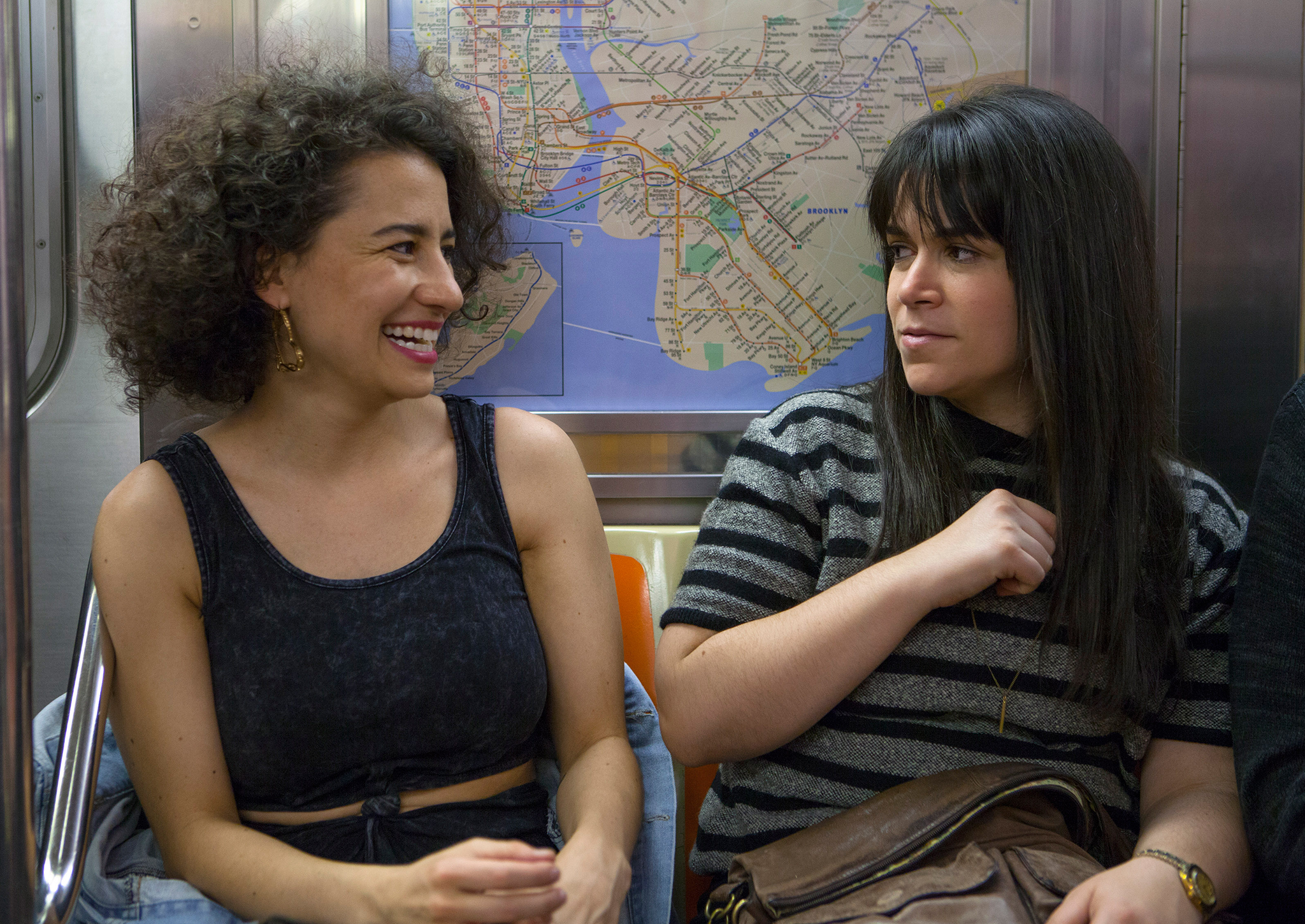Love Friends but want something more feminist, racially diverse, and risqué? Then watch Broad City
The days of an all-straight, all-white cast of twentysomethings, lounging around an apartment like Monica's, are over

How many TV executives have talked up a sitcom about twentysomethings by saying, with a Malibu retirement home in mind, “I think I’ve found the next Friends”? A dozen? More? They have all been wrong. Try a double bill of How I Met Your Mother and The Big Bang Theory. It doesn’t take much to put six or seven young characters on a sofa, throw some one-liners in and shake the whole thing about.
Still, I want to try to pull the sword out of the stone. I believe that this generation’s Friends is actually already here. If you don’t have a stateside contact to post the DVD, Broad City debuts soon on Comedy Central, the current home of the Friends reruns (5pm, every day until the end of time). And looking at the two side by side, you get a sense of how twentysomething life, and comedy dos and don’ts, have weathered since Rachel first sashayed into Central Perk in 1994.
First off, there’s the job-money-apartment nexus. Broad City stars Abbi and Ilana – a “15 per cent” exaggerated version of the show’s creators, Abbi Jacobson and Ilana Glazer. They live in New York. They’re footloose. Like the Friends cast (and unlike the agonising characters in Girls) they’re goofy and irrepressibly good-humoured.
But there’s more of a sense of struggle. Jobs include cleaning at a swanky gym; apartments within budget are hallyways (“railroad-style”). These experiences, let’s say, resonate. The days of twentysomethings landing in a sumptuous place such as Monica’s (those windows, that roof terrace…) are long gone.
Then there’s the tone on sexuality and race. Friends liked things straight down the line. Being gay always seemed to be considered a bit scary (eek, Chandler’s transvestite dad!) and one or other of the male trio would occasionally get the heeby-jeebies at the thought their friendship might have crossed the line into “queer” territory.
Minorities didn’t feature much at all, and when they did, joking about their ethnicity was verboten. All change in Broad City. “What is kind of demanded now of shows,” says Amy Poehler, who is executive producer, “is diversity … It’s almost impossible to have a show about New York City with, like, six white people living in a building."
Broad City is also far ruder (the ladies talk dicks and smoke drugs, a lot), more specific to its time and culture (did the Friends cast watch any movie apart from Die Hard in that decade?), and more feminist than the show Poehler so daintily avoids mentioning.
What David Crane and Marta Kauffman’s series did so extraordinary well, of course, was capture the loyalty that groups of unmarried people can share as they seek their place in the world, and wrap the whole thing in 21 minutes of occasionally heart-busting glee. That’s perhaps the one unchangeable fact about life in your twenties, and it’s what ties Friends straight to Broad City: the only show to have pulled the trick off since. A rude, bastard, unruly child.

Join our commenting forum
Join thought-provoking conversations, follow other Independent readers and see their replies